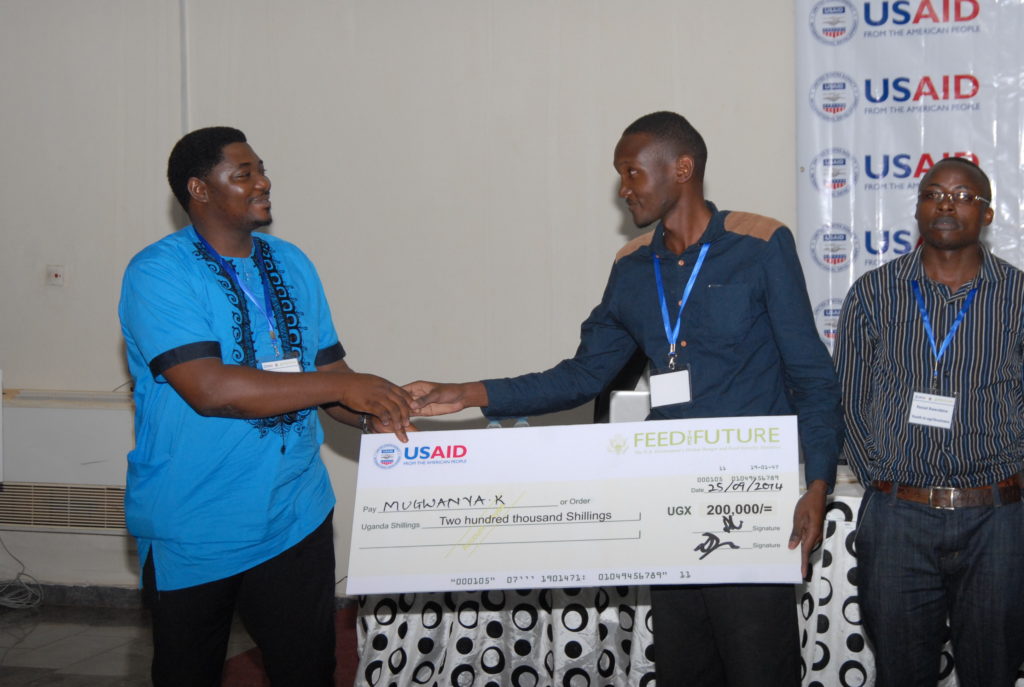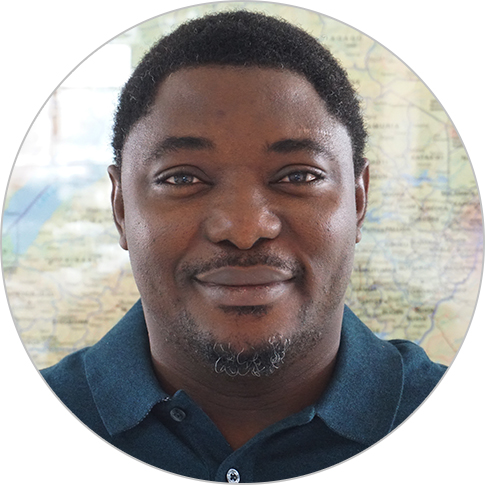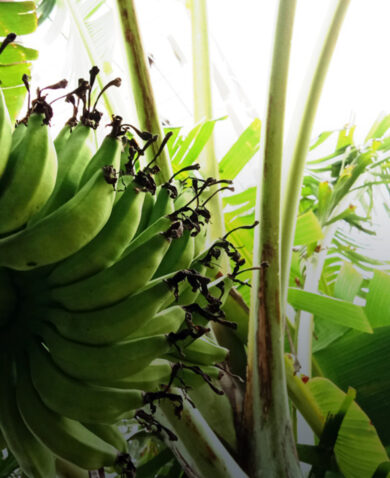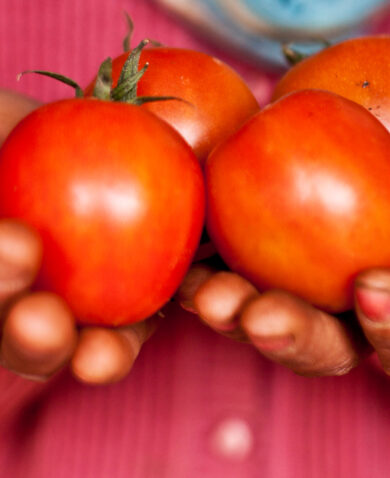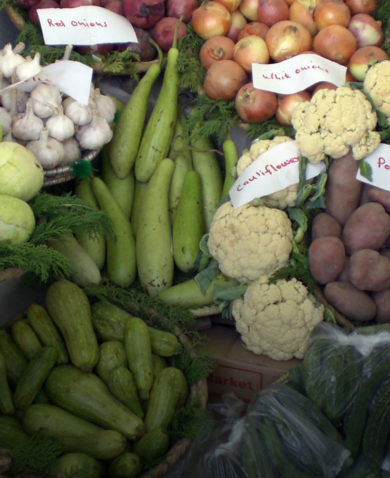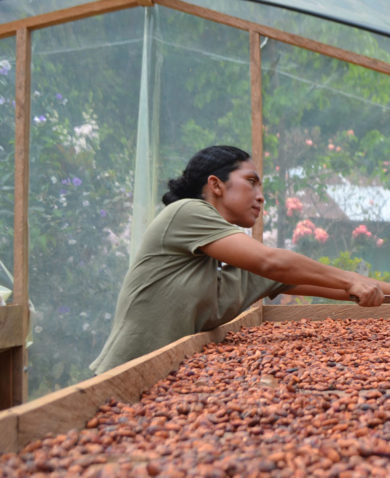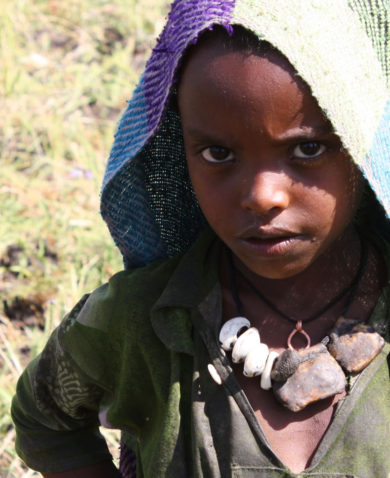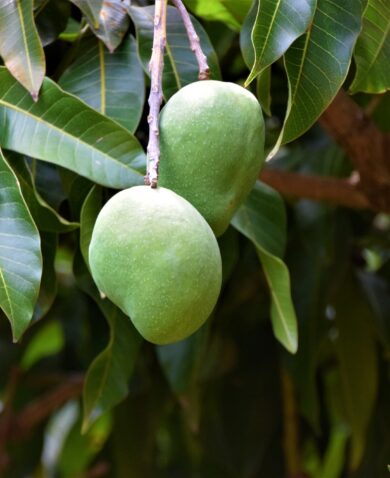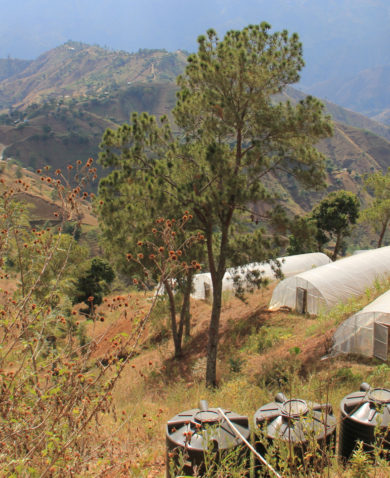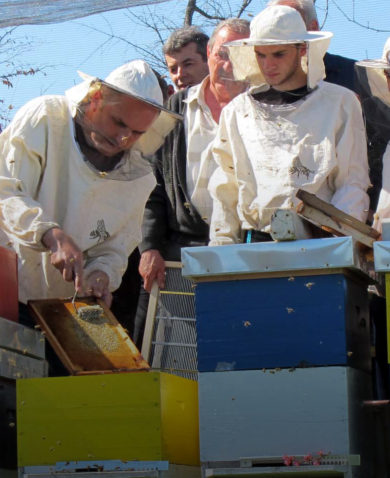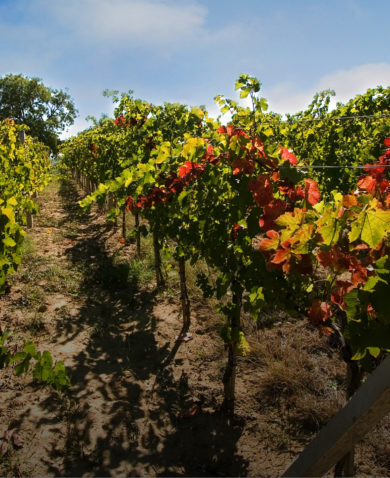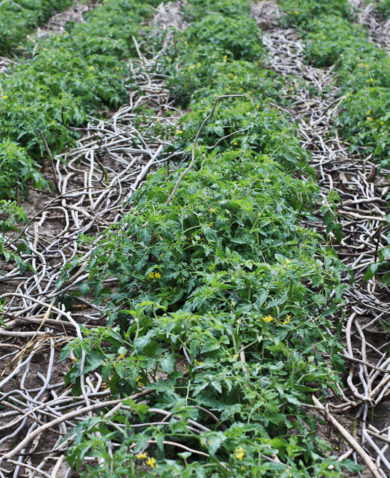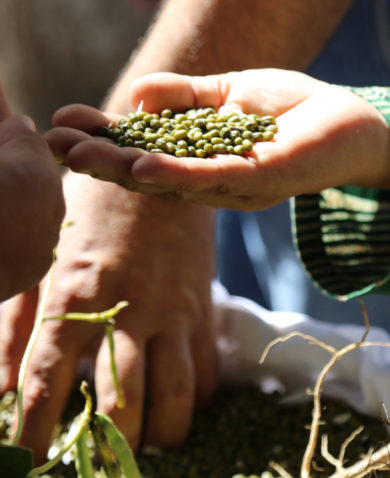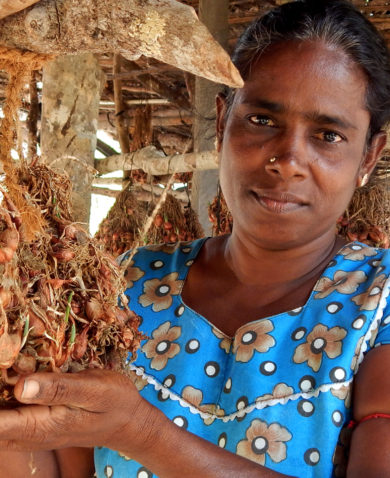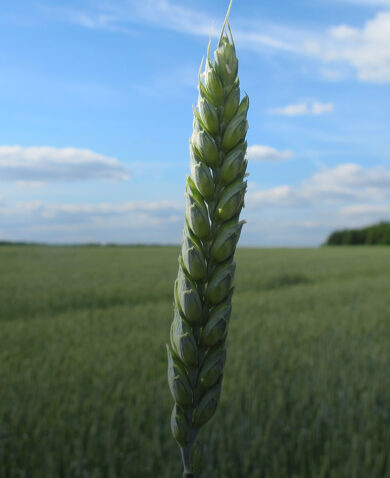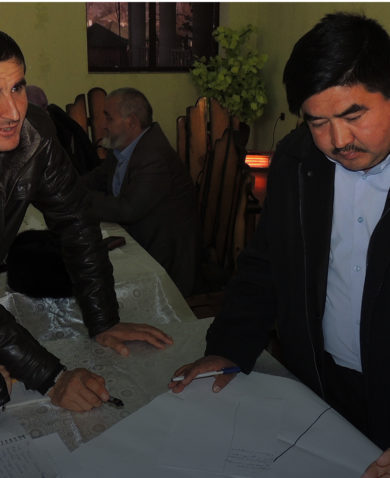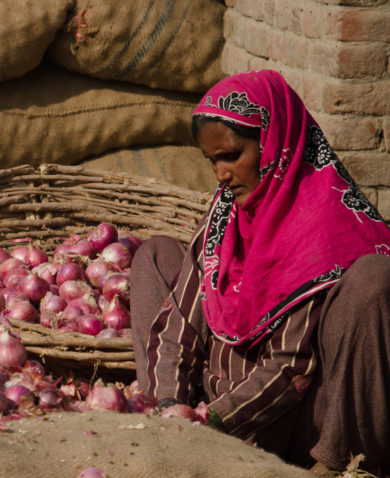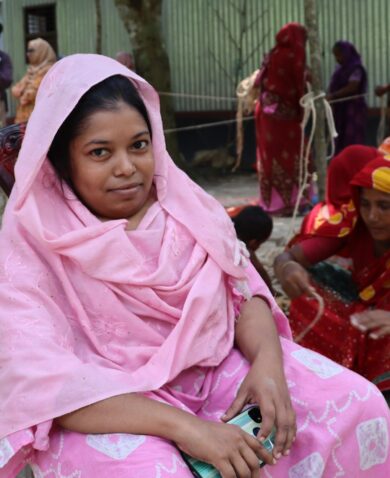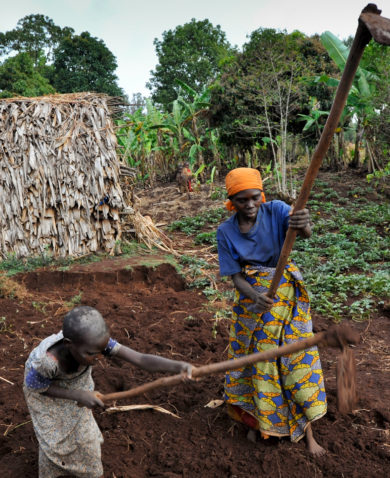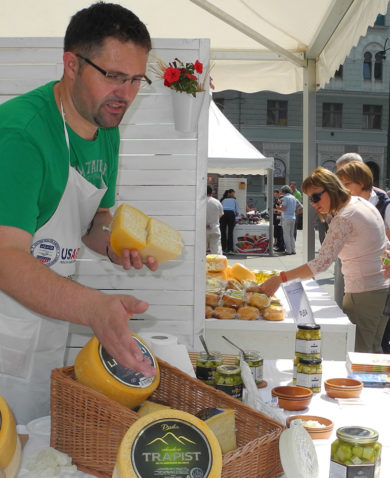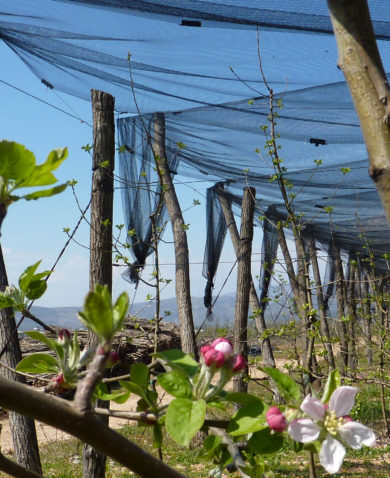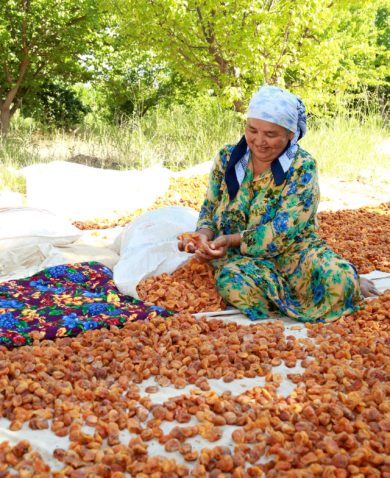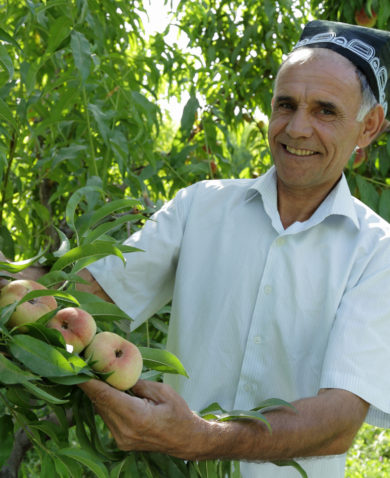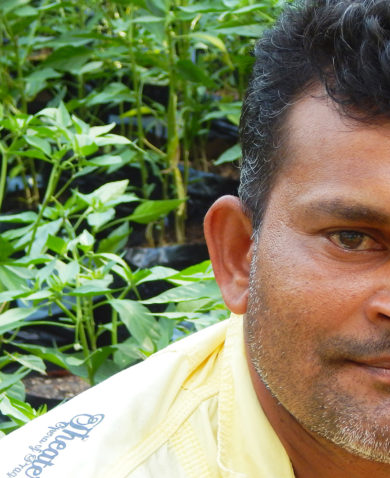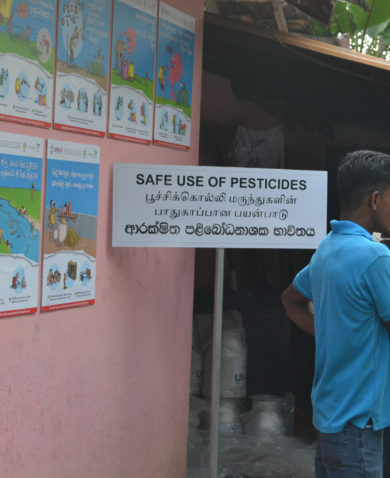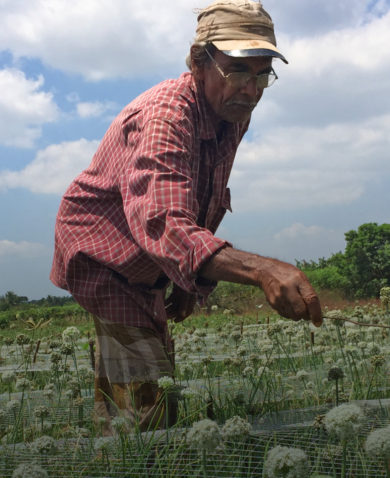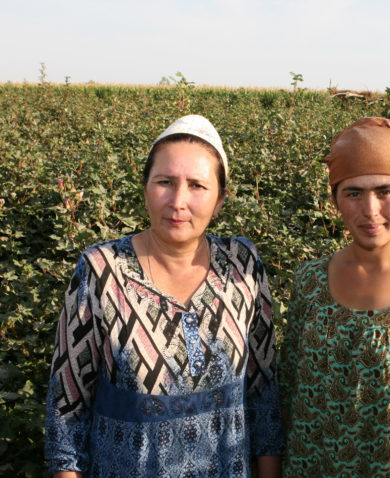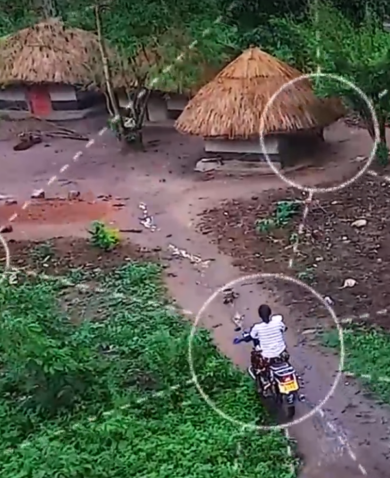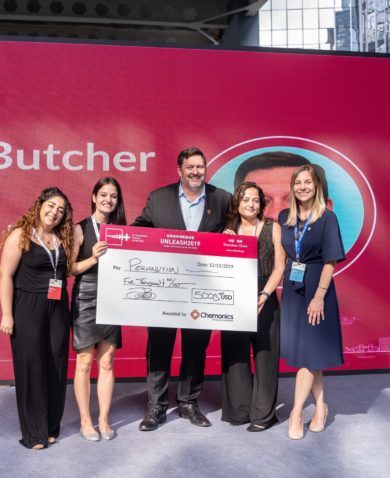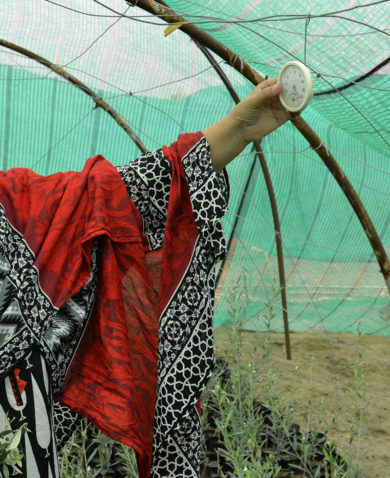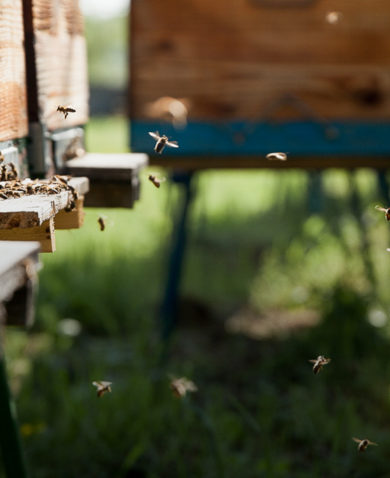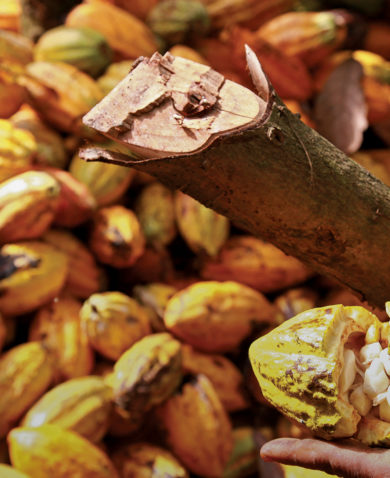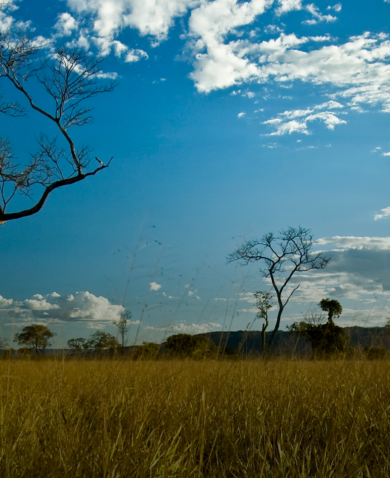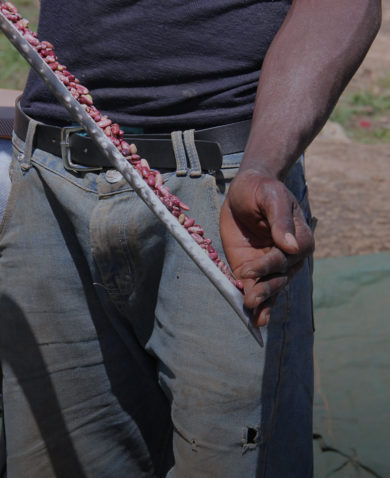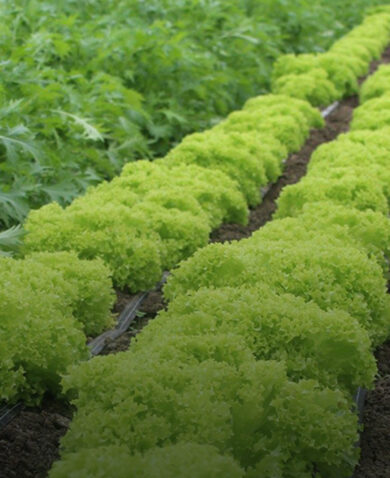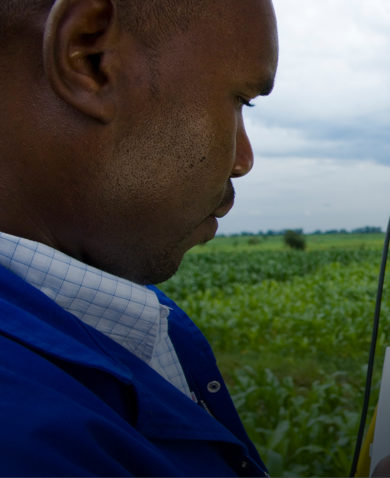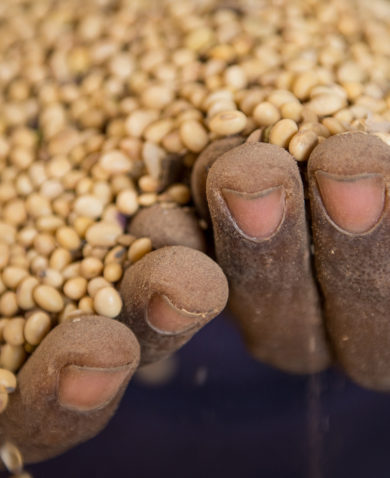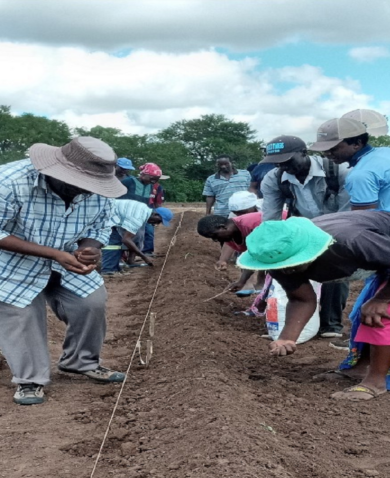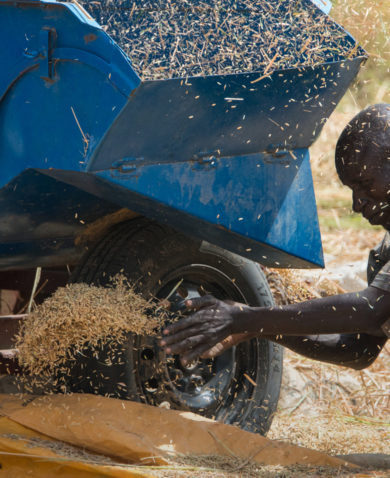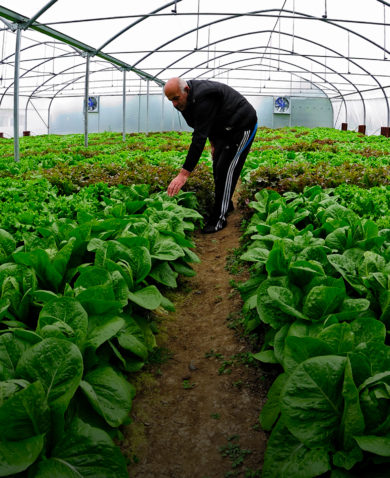Since that time, I have worked on several USAID agriculture projects implemented by Chemonics: Uganda Agricultural Productivity Enhancement Program (APEP), Investment in Developing Export Agriculture project, and Feed the Future Uganda Commodity Production and Marketing Activity. I’m attracted to development work because, in whatever role I play, I can help improve the standard of living of our beneficiaries. To see our interventions transforming their lives and income so that they can access better education, health care, decent living conditions, and employment opportunities brings me joy.
2. How do you know that development works here?
Seeing our national partners — the Ministry of Agriculture, Animal Industry, and Fisheries and the Uganda Coffee Development Authority — adopt our projects’ interventions, and those interventions transforming the lives of Ugandan farmers, tells me that development works. On the Uganda Commodity Production and Marketing Activity, we developed an efficient supply chain model that delivers production and marketing services to 460,000 farmers, improving investment and trade. I met a beneficiary who could send four kids to university and put a decent roof over his head as a result of our work. Previously, he couldn’t afford to pay for a proper meal.
On APEP, we improved farmers’ livelihoods through new rice varieties that enhanced the productivity of smallholder rice producers. The intervention reduced Uganda’s rice imports by 35 percent, which created more income for Ugandan farmers. Plus, producers in neighboring countries also adopted the varieties!
I got to meet someone who had directly benefited from APEP’s work. I was on a trip to see a newly built fertilizer blending facility after the project closed, and we stopped to refuel. I was stretching my legs when a bus pulled in, and I heard my name. It was the bus driver. I didn’t recognize him, but he recognized me from a training I had delivered about improving rice yields. He told me that his life had changed afterward. He began making money from rice, started investing in other businesses, and — though he had started with only half an acre — was now growing rice on 50 acres. He’s the proud owner of four buses, and two of his kids have graduated from Makerere University. His other three children are currently in school there. I was very happy for him, and it highlighted for me that our development work transformed his life for the better.
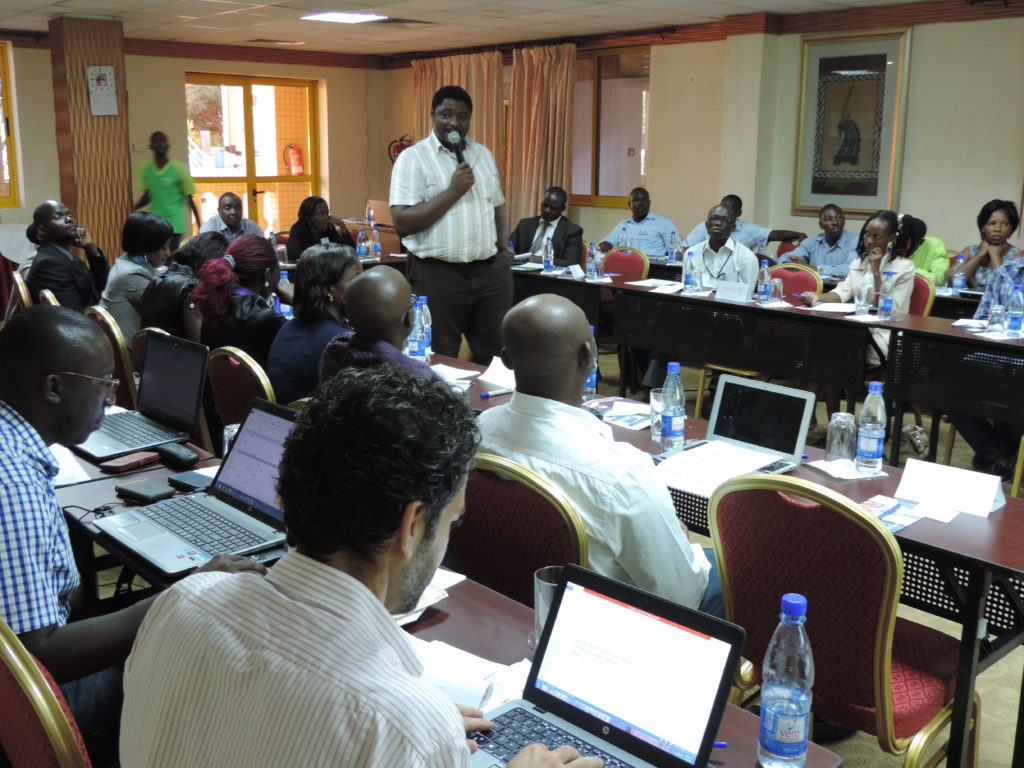
3. What have been some highlights from your development journey so far?
Among notable achievements was laying the foundation for youth to establish the ag-tech company Akorion. The company uses information and communications technology to deliver production and marketing services to actors within the value chain. It was a turning point for youth in Uganda. They discovered that agriculture could be profitable and didn’t need to be viewed through a negative lens. Uganda Commodity Production and Marketing Activity won USAID’s Digital Development Award for work done in collaboration with Akorion. Together, we developed a digital platform to collect key information about farms, such as their location and soil properties. The information was pulled together into a digital profile to facilitate farmers’ access to financial products and services.
Another highlight was seeing farmers’ coffee yields increase from 0.5 kilograms to 4.5 kilograms per tree thanks to a model we developed on Uganda Commodity Production and Marketing Activity called “Every Tree Counts.” The model has been adopted by Uganda’s Coffee Development Authority to reach the country’s goal of 20 million bags of coffee per year — up from 4.5 million bags per year — meaning more money for farmers and greater revenue generation for the country.
Transforming agricultural extension services in Uganda by developing a model that delivers extension to the doorstep of every Ugandan farmer in a sustainable manner; taking proven innovations from one country, spreading them to other countries, and seeing them change the lives of people and businesses in those countries … There are so many highlights!
